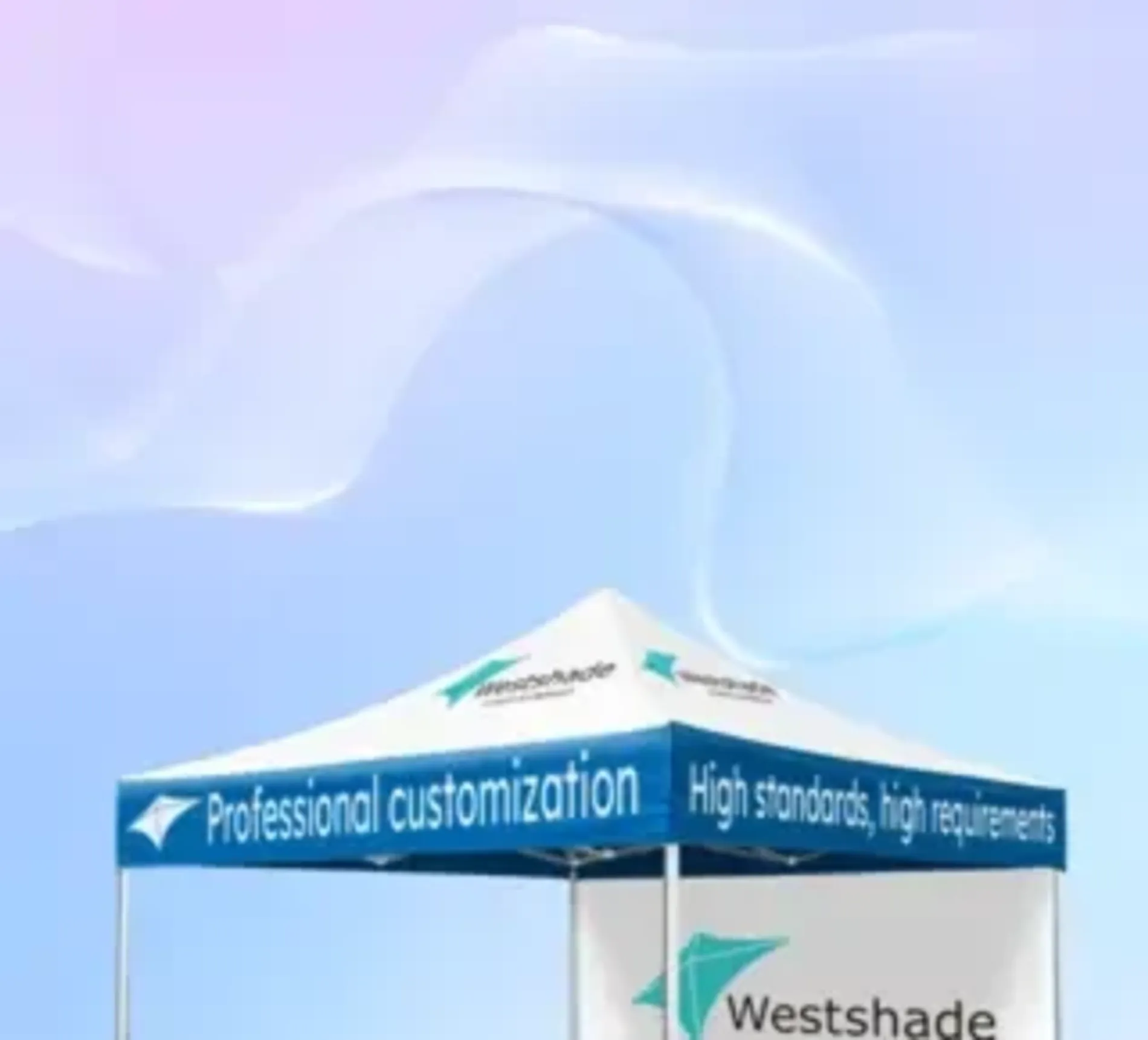Have you ever watched an inflatable canopy in the wind and wondered how an entire tent supported by air could possibly stand up to a gusty day? It’s a fair question. Inflatable tents might look light and bouncy, but they’re a lot tougher than most people think.
The article will explore how inflatable tents are built to handle the wind and why their unique design gives them a strong edge outdoors.









